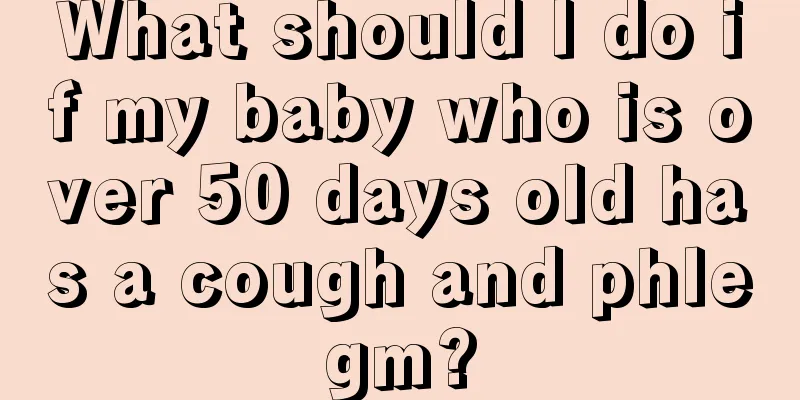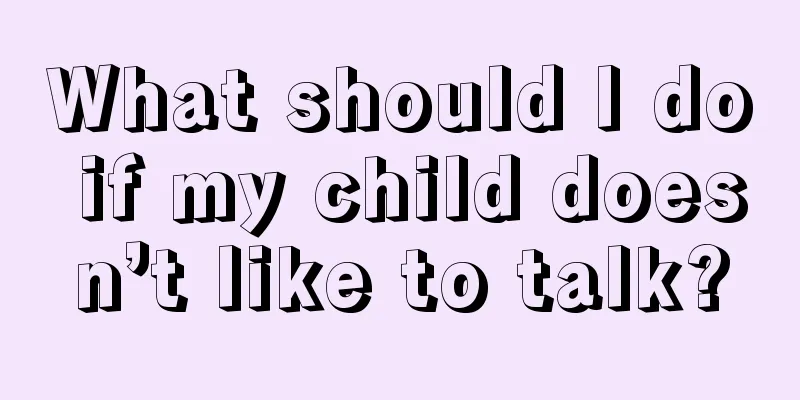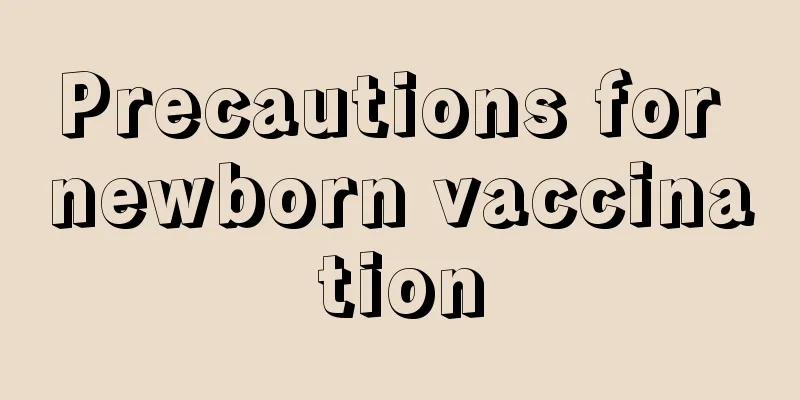Sinusitis in children causing cough

|
Children suffer from sinusitis and cough, which is a common symptom. Sinusitis in children is more harmful and often leads to multiple symptoms, especially acute sinusitis, which comes on quickly and is very similar to acute rhinitis or colds. If chronic sinusitis occurs, it often lasts for a long time and is more harmful to children. Let's take a look at this aspect. Sinusitis in children causing cough In recent years, it has been found that sinusitis has become one of the most important causes of chronic cough in children. This is because purulent nasal discharge can flow back into the throat and trachea, causing a strong foreign body sensation and irritation and inflammation, which can produce a reflex cough. If sinusitis does not heal for a long time and irritates the upper respiratory tract for a long time, it may also lead to chronic inflammation, causing bronchitis or spasm, and triggering cough and asthma. In turn, bronchitis affects the blood vessels of the nasal mucosa, aggravating sinus inflammation and forming a vicious cycle. Children must rest and seek early treatment after catching a cold to prevent it from developing into sinusitis. Clinical manifestations of sinusitis 1. Acute sinusitis: The early symptoms are similar to those of acute rhinitis or colds, but the systemic symptoms are more obvious than those in adults. Therefore, in addition to nasal congestion and excessive purulent discharge, there may be symptoms such as fever, dehydration, mental depression or irritability, rapid breathing, refusal to eat, and even convulsions. It is also accompanied by sore throat and cough; it may also be accompanied by acute otitis media, nosebleed, etc.; older children may complain of headache or pain on one side of the cheek. 2. Chronic sinusitis: The main symptoms are intermittent or frequent nasal congestion, mucous or mucopurulent nasal discharge, and frequent nose bleeding. Severe patients may show lack of energy, poor appetite, weight loss or low fever, and may even develop systemic diseases such as anemia, rheumatism, joint pain, colds, gastrointestinal or kidney diseases, resulting in developmental problems. Due to long-term nasal obstruction and mouth breathing, the children suffer from developmental abnormalities in the maxillofacial, chest and intellectual functions. How to Prevent Sinusitis Exercise, maintain a balanced diet, strengthen your physical fitness, improve your resistance, wear warm and appropriate clothing to reduce the occurrence of colds and other acute infectious diseases, and avoid swelling of the sinus mucosa that affects ventilation and drainage. Do not insert foreign objects into the nasal cavity, correct the bad habit of picking your nose, and reduce nasal trauma. Avoid swimming or diving in unclean water to prevent bacteria from entering your sinuses. Babies with special physical conditions, such as asthma, allergic rhinitis, etc., should try to avoid allergens and actively treat the primary disease. Teach your baby the correct way to blow his nose. Sinusitis in children is a disease that is difficult to cure, but no matter what, mothers should have confidence in its treatment and strive for a quick cure to avoid causing more problems. |
<<: Children with rhinitis and runny nose
>>: Can sinusitis in children cause coughing?
Recommend
How to clean up excessive earwax in children
Nowadays, young parents are more concerned about ...
5 common parenting mistakes made by working mothers
After giving birth to a baby and taking maternity...
What is water in the newborn's stool?
Newborns begin to excrete meconium within 12 hour...
What should I do if my baby has a cold and runny nose in summer?
Babies have relatively weak resistance, so they a...
How to prevent severe pneumonia in children?
Spring is a high-incidence season for respiratory...
How to treat children's rhinitis and nosebleeds
Children must pay attention to dietary adjustment...
How many months is it better to add complementary food to breastfeeding?
After the child is born, more and more women now ...
How much milk should a one-year-old baby have?
As we all know, when a newborn is just born, milk...
What should I do if my younger brother doesn't listen?
Raising children is an activity in life that requ...
Neonatal polydactyly
Some newborns are born with deformed parts of the...
A complete collection of folk remedies for treating children's cough
Coughing in children is a relatively common disea...
What causes yellow baby teeth?
Many babies have very white and healthy teeth whe...
Is it okay for children to drink mineral water?
There are several types of water we usually drink...
Why is my two-month-old baby restless when sleeping at night?
Babies are the apple of their parents’ eyes. Why ...
How to correct cross-eyed children
Children often learn things they have never seen ...









